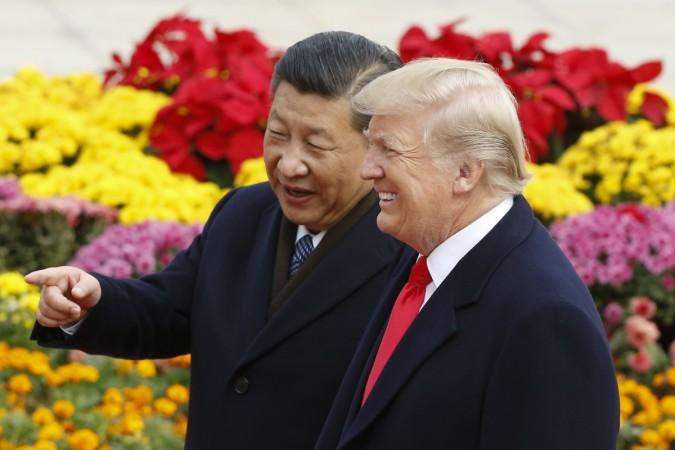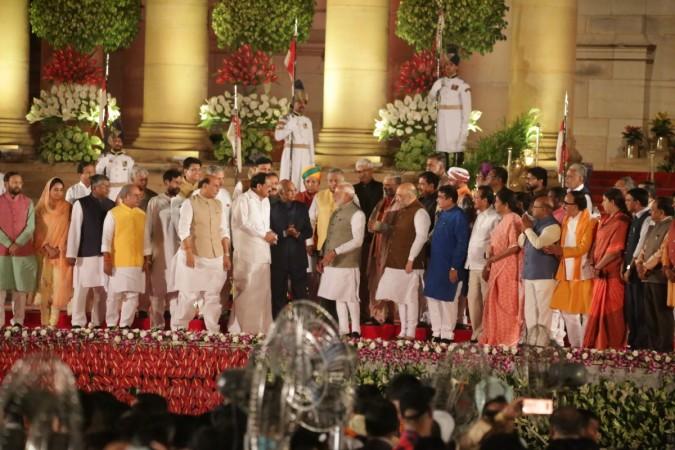
With China's newly hiked 25 percent tariff regime hitting US imports worth $60 billion from Saturday, world markets are on the verge of panic. The US has already raised from 10 percent to 25 percent tariffs on imports from China to the tune of $200 billion. President Donald Trump has threatened President Xi Jinping with another round of tariff hike that could hit an additional $300 billion imports, extending to electronic goods imports from China.
While the tit-for-tat tariff hike slugfest continues between the world's two largest economies, global markets are bracing for more pain in June after a bitter May that saw the erosion of wealth running into trillions of dollars.
Indian markets have failed to establish a rally despite the dream situation of Prime Minister Narendra Modi's return to power at with an absolution majority for his Bharatiya Janata Party (BJP) that leads the National Democratic Alliance (NDA) into the second straight stint in office. In spite of the euphoria that that market witnessed in the runup to the Lok Sabha elections results day, traders are struggling to find a direction. The market has remained largely rangebound after benchmark indices Bombay Stock Exchange (BSE) Sensex and National Stock Exchange (NSE) Nifty hit all-time highs. The ease with which the new Cabinet has hit the deck running has also not helped the markets so far.

Economists think the world is sinking into a long period of trade tension with neither Trump nor Xi in a mood to back down. In terms of sheer numbers, China could be the loser because its exports to the US are far more than its imports from its trade rival. However, as a people, the Chinese can absorb far more pain than the Americans, experts point out.
Moreover, the Chinese sanctions may hit where it hurts Trump the most: the farming communities of the US South from where Trump derives the bulk of his support, a report in Al Jazeera says. The US exported soya beans worth $14.6 billion to China in 2016. The figure has progressively eroded with tensions increasing between the two trade behemoths, causing a glut in the US markets and putting pressure on the commodity's price.
Market watchers point out that higher tariffs on some commodities will push the production cost for industries that use them, China has the advantage that most of these commodities can be procured from elsewhere including the Lat Americas.
"The trade war is deepening and may be prolonged without some form of truce between presidents [Donald] Trump and [Chinese President Xi Jinping]. Businesses need to rethink their long-term strategies on how to effectively conduct trade between China and the United States. Recalibrating their supply chains may be central to this reassessment," the report quotes Romesh Weeramantry, a lawyer at Clifford Chance, a law firm, as saying.
Economists say prolonged trade war will hit US jobs hard while China risks accelerating the economic slowdown. China's latest official Purchasing Managers' Index (PMI), released on Friday, dropped to 49.4 in May. (A showing above 50 signals economic expansion, while one below that mark indicates a contraction.) After the surprisingly strong showing of 50.5 in March and 50.1 in April, the May figure failed market forecasts.
















